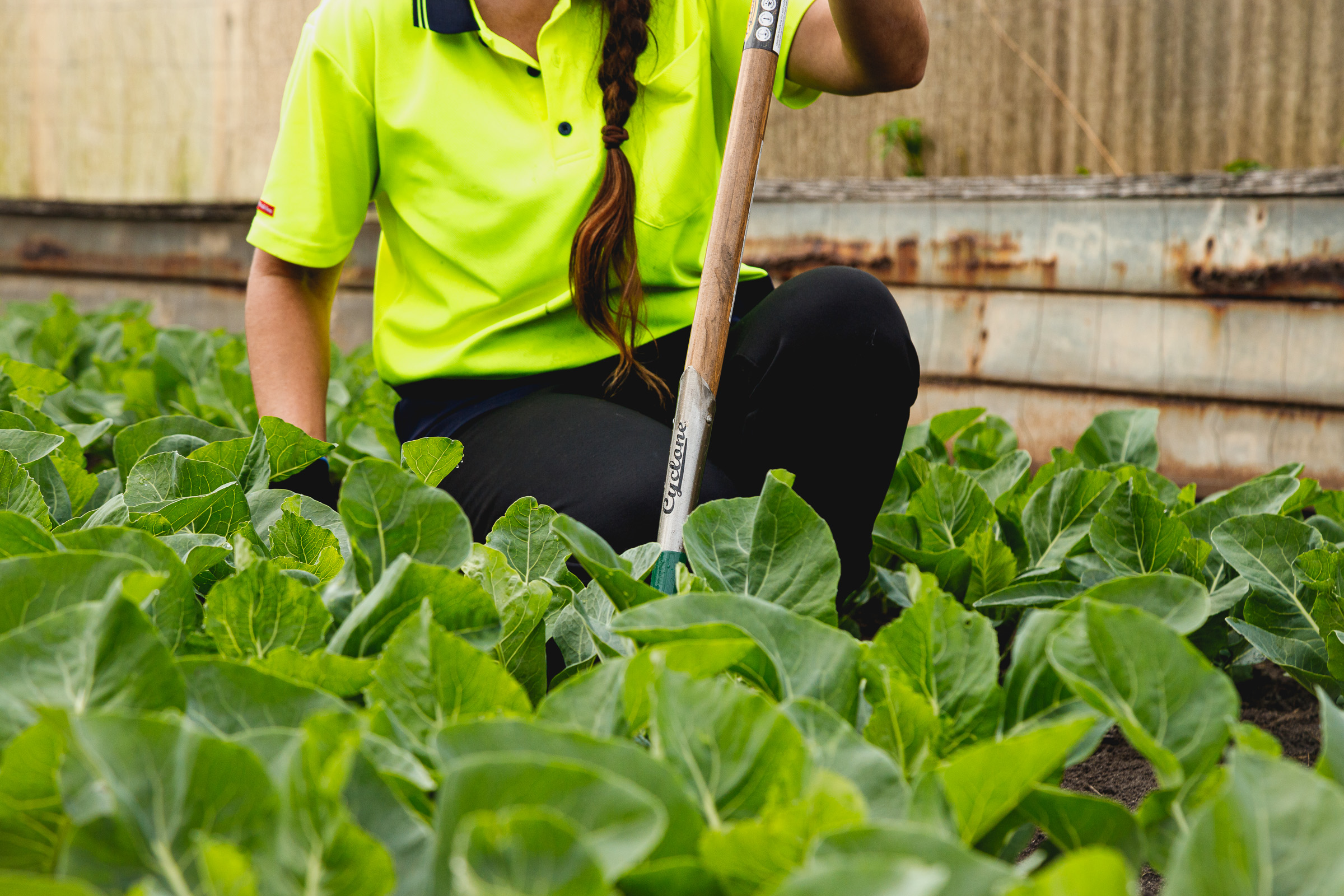
Using nature to cope with stress and anxiety
The festive season is upon us and for many people it can be an extremely stressful time of year. Garden therapy, also known as horticultural therapy, is a practice that uses gardening activities to promote emotional, physical, and mental well-being. It involves actively engaging with plants, soil, and the natural world to achieve therapeutic benefits. The principles of garden therapy are grounded in the idea that the act of gardening can have profound effects on our mental health.
The Healing Power of Gardening
- Stress Reduction: Spending time in a garden setting can trigger the relaxation response, reducing stress hormones like cortisol. The act of planting, weeding, and nurturing plants can be meditative and soothing.
- Improved Mood: Gardening stimulates the release of serotonin, a neurotransmitter associated with feelings of well-being and happiness. It can help alleviate symptoms of anxiety and depression.
- Enhanced Self-Esteem: Successfully caring for plants and watching them thrive can boost self-confidence and self-esteem. It provides a sense of accomplishment and purpose.
- Mindfulness and Presence: Gardening encourages mindfulness—a state of being fully present in the moment. The sensory experience of soil, plants, and the environment fosters mindfulness and relieves ruminative thinking.
- Connection to Nature: Spending time in a garden deepens our connection to the natural world, offering a sense of harmony and balance in an often chaotic world.
How to Incorporate Garden Therapy into Your Life
- Start Small: You don’t need a large garden to benefit from garden therapy. A windowsill herb garden, potted plants, or a few raised beds can provide the same therapeutic effects.
- Choose Plants Wisely: Select plants that you are drawn to and that align with your gardening skills and available space. Herbs, succulents, and flowers are great choices for beginners.
- Mindful Gardening: Approach gardening with mindfulness. Pay attention to the sights, sounds, textures, and smells as you work with your plants.
- Set Realistic Goals: Don’t put undue pressure on yourself. Gardening is about enjoyment and relaxation, so set achievable goals that you can celebrate.
- Share the Experience: Consider involving friends or family in your gardening activities. It can be a bonding experience and enhance the therapeutic benefits.

Garden therapy is a powerful tool for coping with stress and anxiety, providing a natural and holistic approach to mental well-being. By immersing ourselves in the world of plants, we can find solace, peace, and a deeper connection to the rhythms of nature. Whether you have a green thumb or are a gardening novice, consider incorporating garden therapy into your life and experience the transformative power of nature’s embrace, particularly over the festive period. Your journey to reduced stress and enhanced mental health may very well begin in your own backyard.
